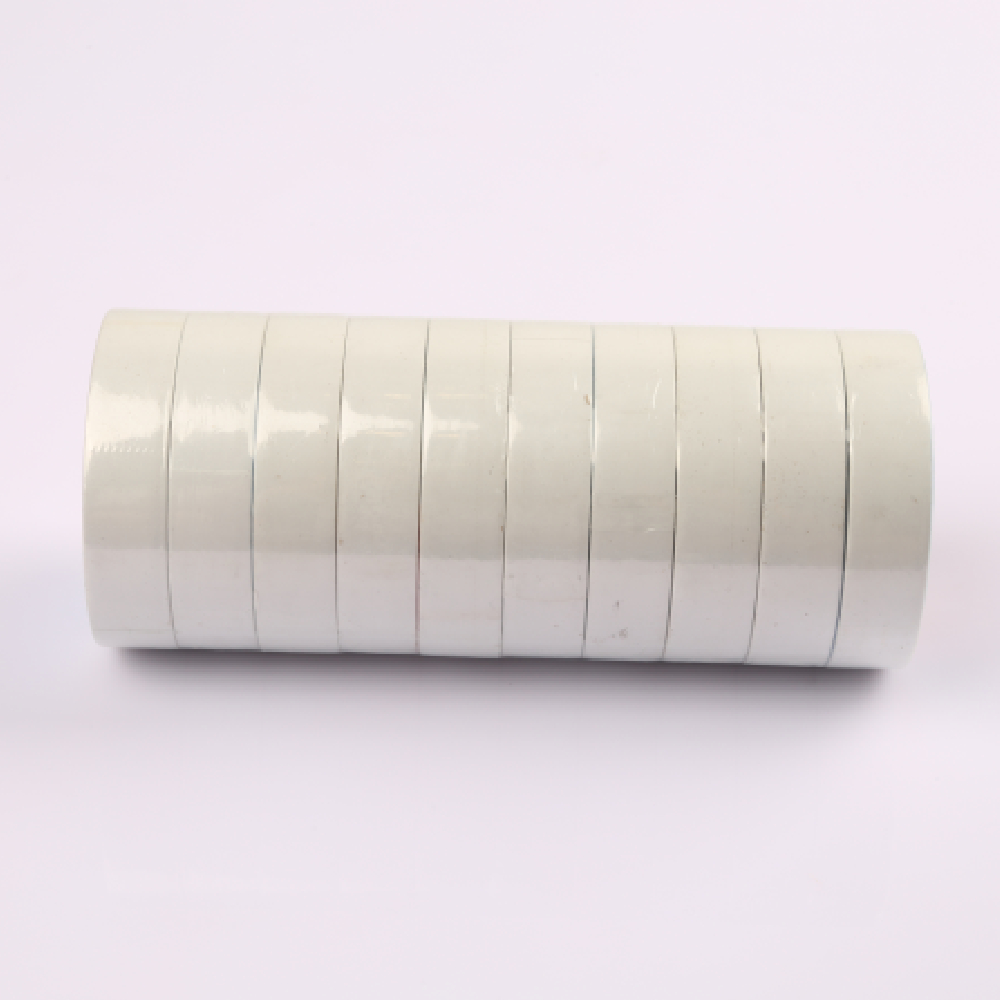The Benefits and Uses of Rubber Tape Insulation
Rubber tape insulation is a versatile and effective solution for various electrical and mechanical applications. Known for its excellent insulation properties, rubber tape is widely used in both industrial and domestic settings. This article will explore the key benefits of rubber tape insulation, its applications, and why it is a preferred choice for many professionals.
Understanding Rubber Tape Insulation
Rubber tape is made from a blend of rubber compounds, providing both flexibility and durability. Unlike traditional electrical tapes that may be made from vinyl or other plastics, rubber tape's unique properties make it particularly suitable for insulating wires and cables. One of the most significant advantages of rubber tape is its ability to conform to irregular shapes and surfaces, ensuring a tight seal that prevents moisture intrusion.
Key Benefits
1. Superior Insulation Properties Rubber tape offers excellent electrical insulation, making it ideal for protecting electrical connections and preventing short circuits. This is crucial in environments where exposure to moisture or other conductive substances is a risk.
2. Water Resistance One of the standout features of rubber tape insulation is its resistance to water. The rubber material creates a barrier that prevents water from penetrating and corroding the electrical components, making it popular for outdoor and marine applications as well.
3. Temperature Resistance Rubber tape can withstand a wide range of temperatures, maintaining its performance in both high and low extremes. This attribute is particularly important in industrial settings where equipment may be exposed to fluctuating temperatures.
4. Easy to Use The application of rubber tape insulation is straightforward. It can be easily cut to size and wrapped around wires, pipes, or other surfaces. The tape adheres well to itself and to various materials without requiring additional adhesives, making it a favorite among both professionals and DIY enthusiasts.
5. Durability Rubber tape is resistant to UV rays, weathering, and other environmental factors. This durability ensures that the insulation maintains its integrity over time, reducing the need for frequent replacements or repairs.
rubber tape insulation

6. Flexibility The inherent flexibility of rubber tape allows it to stretch and contract with the items it is insulating. This is particularly beneficial in applications that experience vibration, movement, or thermal expansion.
Applications
Rubber tape insulation is used across various industries. Here are some common applications
- Electrical Insulation It is primarily used in electrical applications to insulate wires and connections. Any exposed wiring can create safety hazards, and rubber tape provides a reliable solution. - Mechanical Protection In addition to electrical applications, rubber tape is used to wrap hoses, pipes, and other equipment to protect against abrasion and wear.
- Sealing and Moisture Protection Rubber tape is often used to seal joints and connections that are exposed to moisture or chemicals. Its water resistance makes it an ideal choice for plumbing and other applications where leaks may occur.
- Automotive Industry In automotive applications, rubber tape is used for insulating wiring and protecting sensitive components in vehicles from moisture and mechanical stress.
- HVAC Systems Rubber tape insulation is commonly used in heating, ventilation, and air conditioning systems. It helps insulate pipes and ducts, improving energy efficiency and preventing condensation.
Conclusion
Rubber tape insulation stands out as a superior product in the realm of insulation materials. Its combination of excellent electrical properties, water resistance, durability, and flexibility makes it a go-to choice for professionals in various industries. Whether for electrical repairs, mechanical protection, or moisture control, rubber tape insulation brings reliability and efficiency to the table. As technology advances and the demand for durable insulation solutions grows, rubber tape will undoubtedly continue to play a vital role in ensuring safety and performance across multiple applications.
-
XIANGFAN Rubber Tape-Ultimate Solutions for All Your Insulation NeedsNewsJun.24,2025
-
XIANGFAN Rubber Tape-Protection for Industrial and Residential ApplicationsNewsJun.24,2025
-
XIANGFAN Rubber Tape: Superior Safety and Sealing for Demanding EnvironmentsNewsJun.24,2025
-
XIANGFAN Rubber Tape: Reliable Solutions for Every Electrical ChallengeNewsJun.24,2025
-
XIANGFAN Electrical & Industrial Tape: Powering Reliability Across IndustriesNewsJun.24,2025
-
XIANGFAN Electrical & Industrial Tape: Excellence in Every ApplicationNewsJun.24,2025
